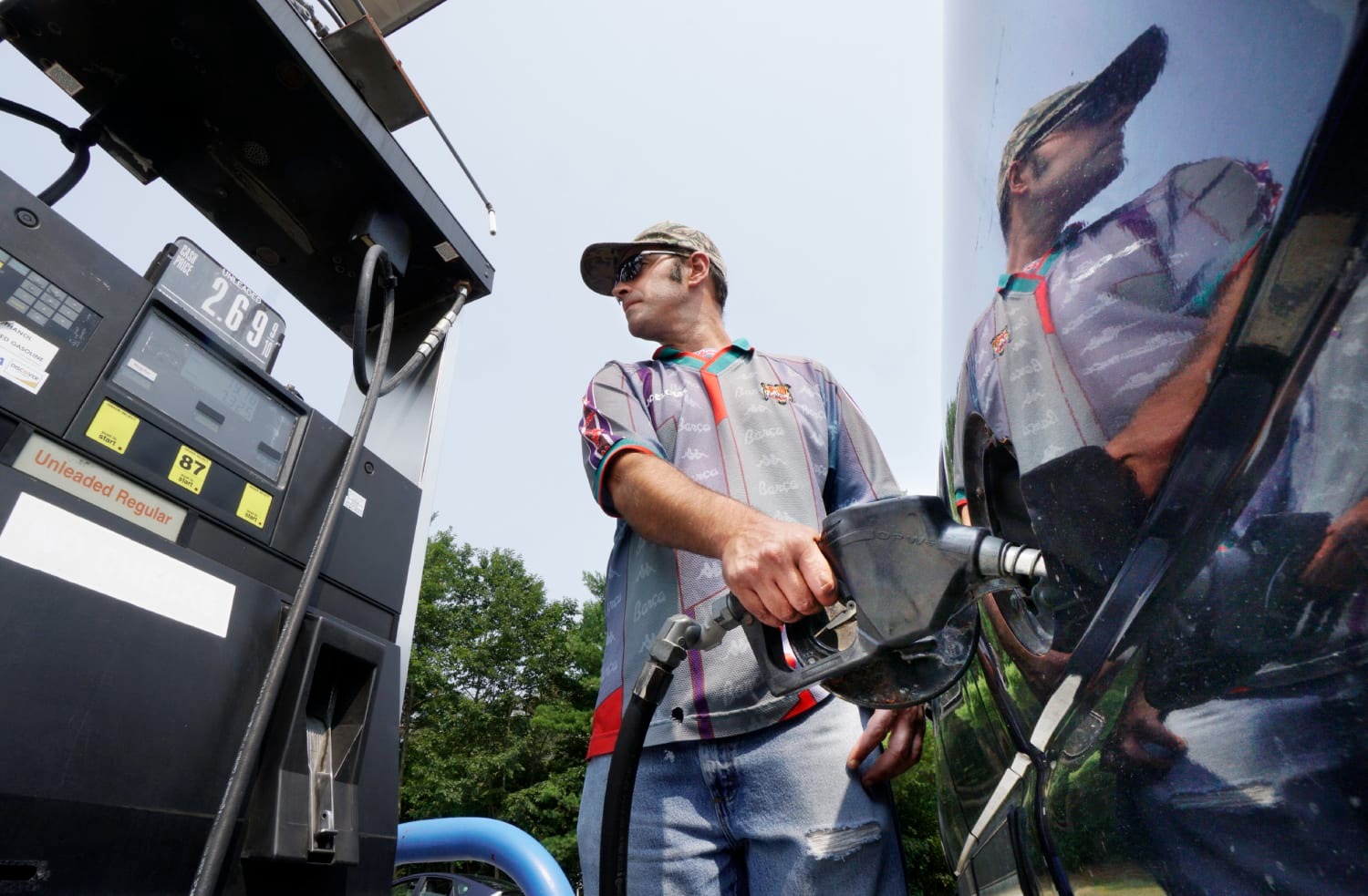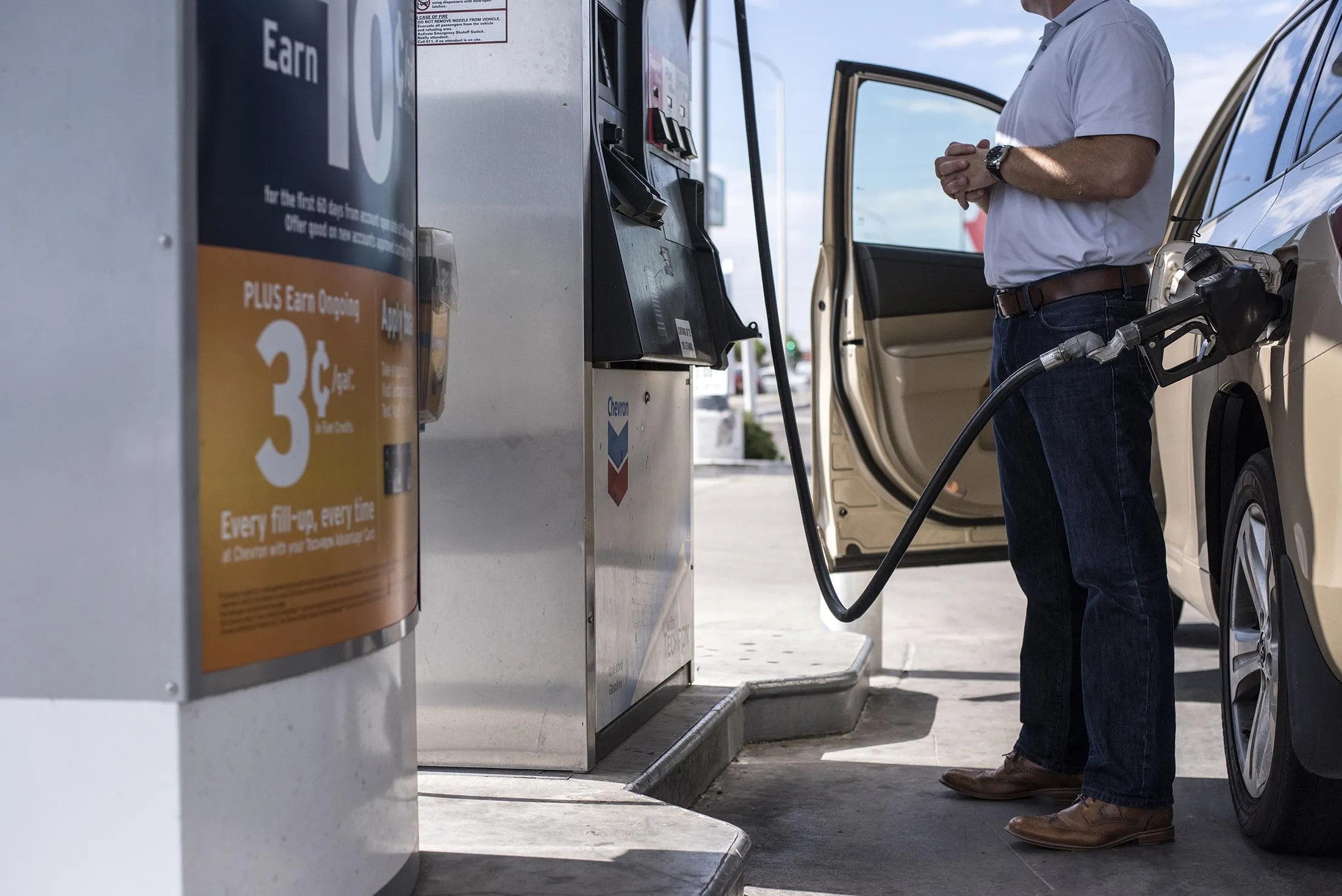Rising oil prices have many Americans concerned about their impact on gas prices, but an even greater threat to fuel costs is looming: upcoming gas tax hikes that will all but ensure prices at the pump continue to climb. The push for increased fuel taxes isn’t limited to individual states seeking additional revenue from motorists.
The International Monetary Fund (IMF) has also proposed a dramatic hike in the federal gasoline tax, urging the U.S. government to raise it from $0.184 per gallon to an astonishing $1.40 per gallon.

During a speech on March 26, IMF Deputy Director David Lipton justified the proposed tax increase by stating it would fund global social programs and contribute to environmental protection efforts.
“The time has come for subsidy reform and carbon taxation,” Lipton stated. If enacted, this federal tax increase would translate to an extra $14 for every 10-gallon fill-up, adding hundreds of dollars to annual fuel expenses for American drivers.
Fortunately for motorists, the IMF proposal has received little backing in Washington.
Also Read: Some Uber and Lyft Drivers Are Turning to Teslas as Gas Prices Cut Into Profits
Political Pushback Against Federal Tax Hikes
“Higher energy costs hit those least able to afford it the hardest, forcing American families to spend a greater share of their income on gas,” said Rep. Fred Upton, R-MI, chairman of the House Energy and Commerce Committee.
“Drivers across the country are already struggling with gas prices nearing $4.00 a gallon, and further increases would be devastating for low- and middle-class families while also harming economic recovery.”
State legislatures, however, appear less concerned about the burden on drivers.
Gas Tax Hikes Spread Among the States
To address budget shortfalls or fund new transportation projects, multiple states have turned to gasoline tax increases as a source of additional revenue.
At least 17 state legislatures have either already passed fuel tax hikes or are actively considering them. Wyoming, California, and Maryland are among the states that have already approved increases.
Wyoming’s gas tax is set to jump from $0.14 per gallon to $0.24 per gallon in July. California’s gasoline excise tax will rise by $0.035 per gallon in the same month, bringing the state’s total fuel tax—when combined with federal taxes—to a nation-leading $0.72 per gallon.
The most aggressive tax increase, however, is happening in Maryland, where lawmakers approved a series of incremental hikes beginning in July. AAA Mid-Atlantic projects that Maryland’s gas tax will climb to $0.437 per gallon by 2018, nearly doubling from its current rate of $0.235 per gallon.
Other states, including Michigan and Iowa, are currently evaluating similar tax increases, and additional states facing financial shortfalls are expected to follow suit over the next couple of years.
Ben Husch, a director at the National Conference of State Legislatures, suggested that these early tax increases could encourage other states to implement similar measures. “These states’ bold actions may serve as a model for other states grappling with the same [transportation funding] issues,” he stated.
Also Read: Why the U.S. Should Tax Gas Guzzlers More Heavily
Public Backlash Over Rising Fuel Costs
Public reaction has been overwhelmingly negative. A Gallup poll conducted last month found that 66% of Americans would oppose a state gas tax increase of up to $0.20 per gallon if the funds were designated for road repairs and public transportation projects.
Voters don’t have direct control over individual tax hikes, but they do have the power to remove the legislators responsible for passing them in future elections.
The American Petroleum Institute has compiled a chart showing current state and federal gas taxes as of April 23, though it does not reflect the upcoming tax increases scheduled for July.

